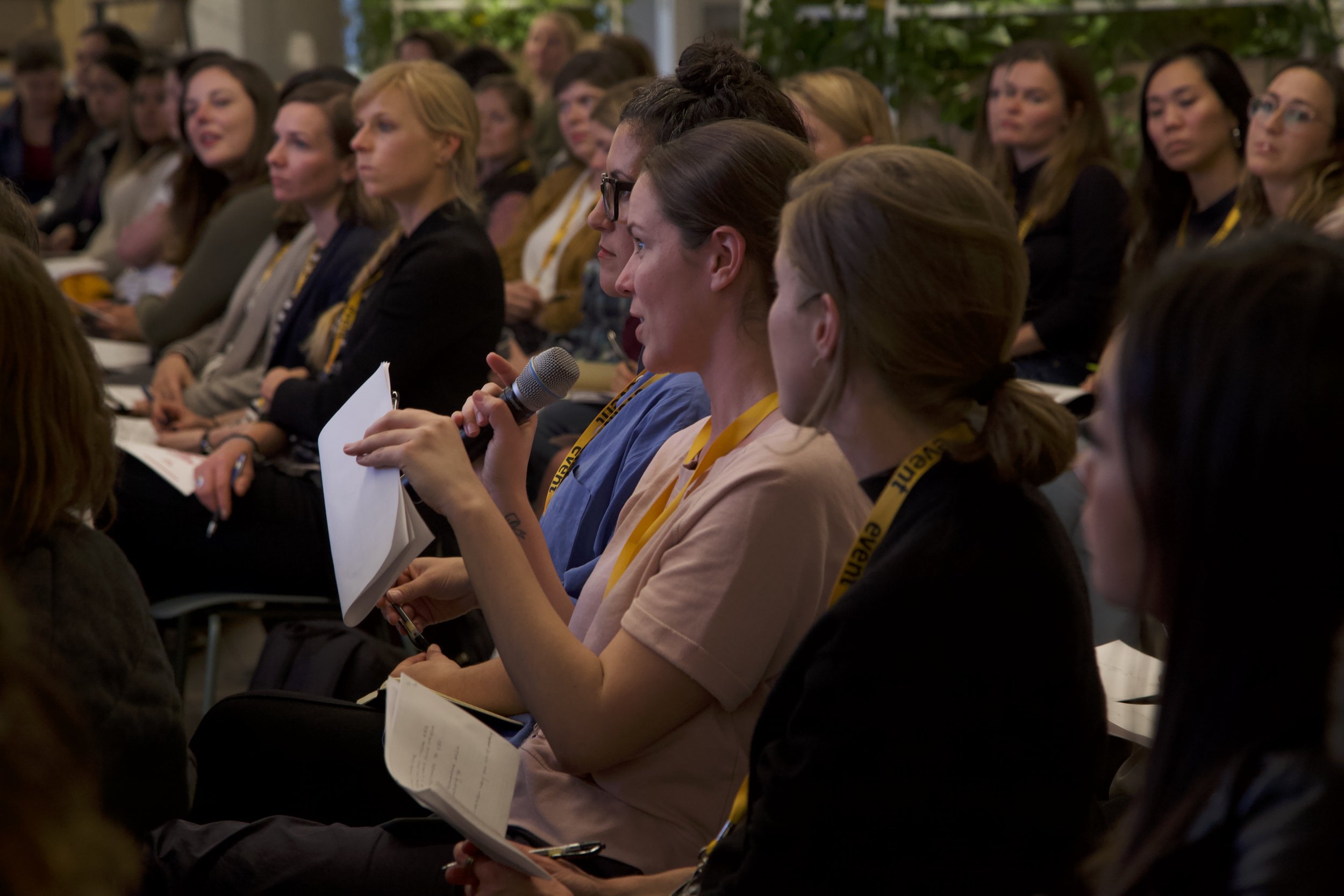WIN SF Event Recap: WIN SF x Inside Out Incubator x Slack on Effectively Negotiating
On May 13th, the WIN SF community gathered at Slack for a workshop designed to help women become more effective negotiators. The workshop was led by Alicia Jabbar and Gina Restani, the duo behind Inside Out Incubator, an organization that builds group learning experiences for professional women to help them develop their careers. Our attendees spent the evening learning techniques, participating in exercises, and role-playing negotiation scenarios in order to develop the skills needed to advocate for themselves through negotiation.
A few takeaways from the event:
A sobering truth: Women lose between $650K - $1M over the course of a 45-year career due to not negotiating base salary.
According to the book Women Don’t Ask by Linda Babcock and Lara Laschever, a whopping 20% of women choose not to negotiate salary at all over the course of their career. There are a number of reasons women avoid negotiations (e.g. lack of confidence in negotiating skills, fear of failure, etc.), but many of these women don’t realize how significantly this opting out of negotiations can impact their wages for the rest of their careers.
If a woman chooses not to negotiate her starting salary at her first job, she loses an average of $7K right off the bat. While this initial number is already somewhat significant, it doesn’t seem life-changing until you consider how this impacts income over the full course of a career. Over the entire span of a 45-year career, this $7K loss compounds into an enormous $650K - $1M loss in total income.
A lesson: When negotiating, people tend to assume they’re negotiating against their partner, but really when you work together, the odds are in your favor.
Find a friend and challenge them to a thumb war. The goal is for each of you is to personally win as many thumb wars as possible in 45 seconds. The result? Maybe each partner wins once or twice. Maybe it’s a stalemate and no one wins.
Now play again, but this time the goal is to get 30 “wins” between the two of you in 45 seconds. How might your strategy need to change to achieve this goal? How do you need to work together with your partner?
You’ll find that in the second thumb war the goal is much more attainable, and even much more rewarding because you’re working together. Although it may seem counterintuitive, the same logic applies to partners participating in a negotiation.
Once you’re able to shift from a “me vs. them” perspective to a teamwork approach you can win together. Not only can you achieve more because you’re working as a team, but also negotiation suddenly feels better when you’re fighting for a common goal.
Tools for negotiation: Tool #1: Separate people from the problem
Let’s start with the first tool: separate people from the problem.
Put another way, this means don’t take any part of the negotiation personally. The objective is to try to remove emotion from the negotiating process in order to better focus on the issue being negotiated. Many people mistakenly believe that when negotiating something like a pay raise that they’re negotiating against the rest of their team or against someone else who may be fighting for a raise which makes it difficult to advocate for your needs. If you’re able to remove personal feelings from the negotiation, you can better focus on the problem at hand and more effectively advocate for yourself, or on behalf of a colleague.
Tools for negotiation: Tool #2: Focus on “interests” not “positions”
This tool is helpful for revealing not only what is actually important to your negotiation partner, but also your own true motivations in the negotiation.
A “position” is what you want out of the negotiation at the surface level. For example, a raise.
An “interest” is the reason you want what you want. For example, to move to a more expensive neighborhood that is closer to work in order to cut down commute time.
Considering people’s wants in this way helps uncover the “why” behind the “what” which can help you problem solve more creatively. In the above example, if a pay raise isn’t a possibility, maybe negotiating for “work from home days” may be an alternative path to solving for this person’s interest of decreasing their commute time in a mutually beneficial manner.
Using this tool can also help two negotiating parties arrive at a solution that is beneficial for everyone.
To conclude…
Through our evening together we acknowledged that while there is no silver bullet to negotiation, there are accessible ways to develop these critical skills. Now that we have the tools, it’s up to each of us to apply them so that we can effectively advocate for not only in our careers, but throughout our whole lives.
Written by Gabby Andrade. Photos by Chelsea Lin and Zona Lin.
WIN: Women in Innovation Copyright (c) 2019 All rights reserved. This content may not be reproduced or repurposed without written permission from WIN: Women in Innovation (501(c)3). This content, including the exercise and blog post, is provided for your personal use only.













